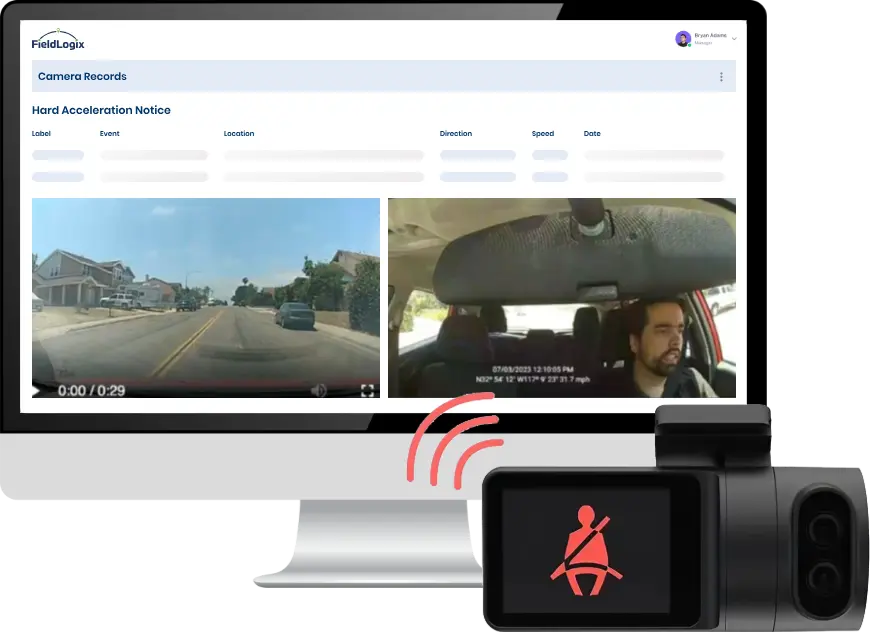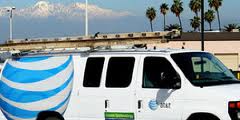AT&T’s Green Fleet Management Tips, Strategy and Achievements
Less than 2 years ago, AT&T committed to replacing approximately 15,000 of its nearly 76,000 fleet vehicles with alternative fuel models by 2019. Since then, AT & T has deployed 2,000 compressed natural gas (CNG) fleet vehicles, a major green fleet milestone. The company’s 15,000 alt-fuel fleet vehicle plan will displace 2.5 million barrels of oil, reduce carbon emissions by 211,000 metric tons, and create or save 5,500 jobs, according to the Alternative Fuel Vehicle Institute.
The company expects to spend an estimated $350 million over five years to purchase roughly 8,000 compressed natural gas (CNG) fleet vehicles. CNG vehicles provide a reduction in carbon emissions – approximately 25 percent compared with traditional gasoline vehicles. They are also working with natural gas service providers to build up to 40 new CNG fueling stations to provide the infrastructure needed for the new vehicles. AT&T’s green fleet plan includes an approximately $215 million investment to replace 7,100 fleet passenger cars with alternative-fuel models. The measure will save 49 million gallons of gasoline over 10 years, according to the Center for Automotive Research.












